- Car
- Cord (0 offers)
Cord Classic Cars for Sale
Cord cars represent a short but groundbreaking chapter in American automotive history, marked by bold technical innovation and distinctive design. With industry firsts like front-wheel drive and hidden headlights, Cord models such as the L-29, 810, and 812 set standards that echo in the collector car world today.
Search results
Currently, there are no matching listings for your search.
Create search alert
Let yourself be notified as soon as a listing is published that matches your search filters.
Cord listing references from Classic Trader
Below you will find listings related to your search that are no longer available on Classic Trader. Use this information to gain insight into availability, value trends, and current pricing for a "Cord" to make a more informed purchasing decision.
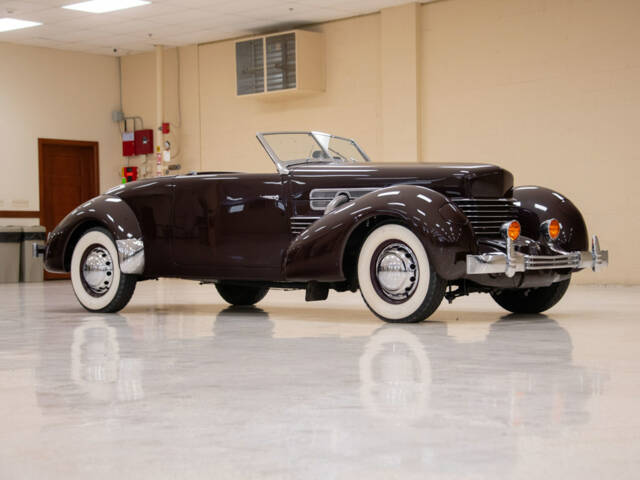
1937 | Cord 812
1937 Cord 812 Supercharged Cabriolet
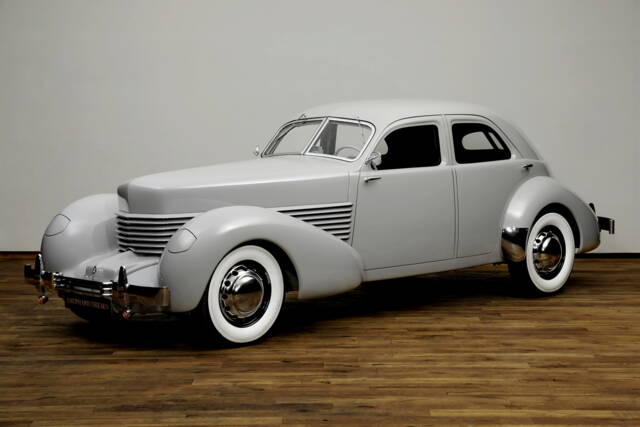
1937 | Cord 812
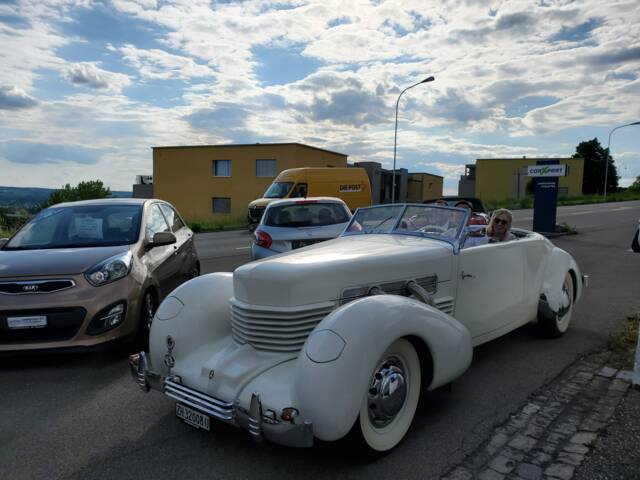
1937 | Cord 812 Phaeton
Rstauriert
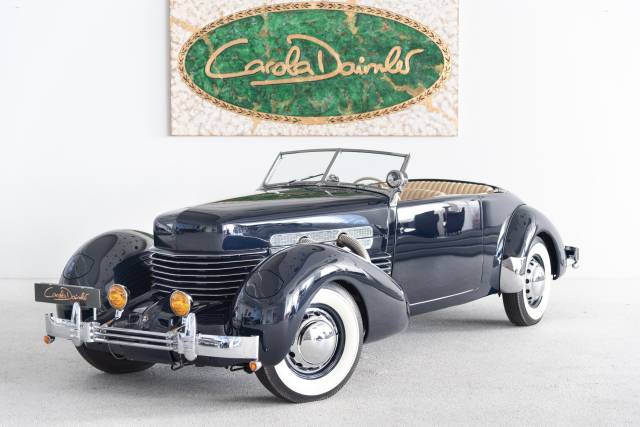
1936 | Cord 810
Cabriolet Phaeton | First-class restoration | 1 of 196 | Good documentation
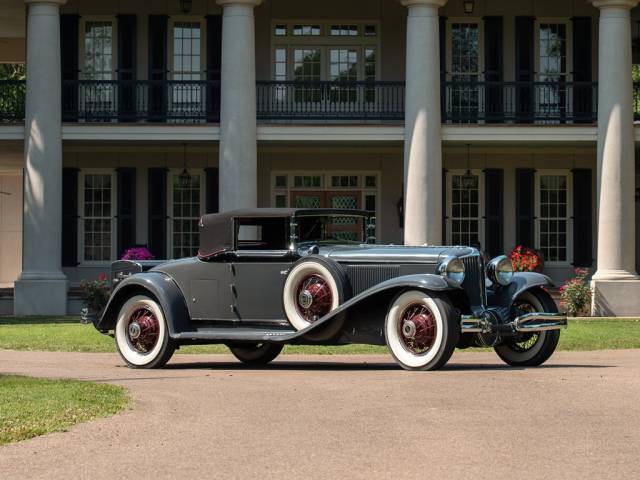
1930 | Cord L-29
1930 Cord L-29 Cabriolet
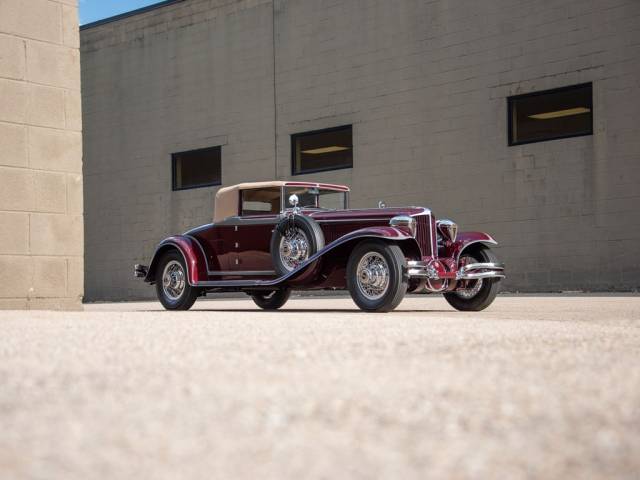
1931 | Cord L-29
1931 Cord L-29 Cabriolet
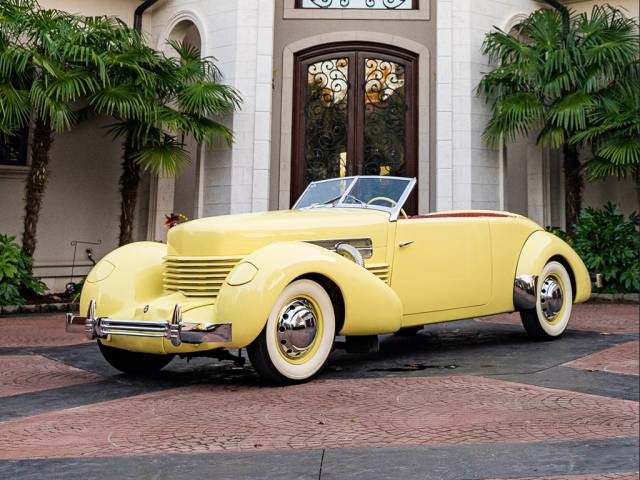
1936 | Cord 810
1936 Cord 810 Phaeton
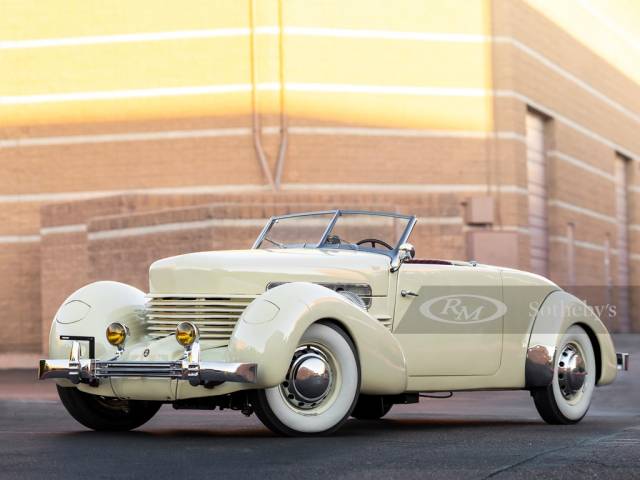
1937 | Cord 812 Phaeton
1937 Cord 812 Supercharged Cabriolet
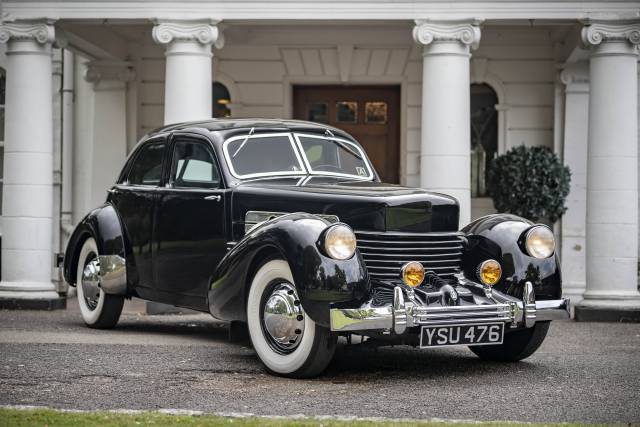
1937 | Cord 812
Supercharged - Stylish - Utterly Fabulous
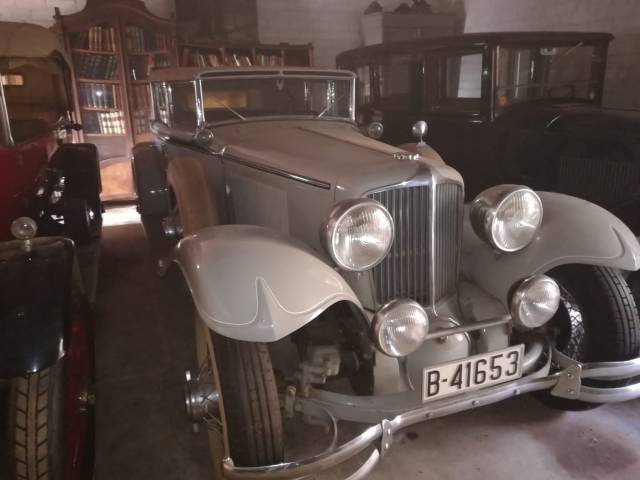
1930 | Cord L-29
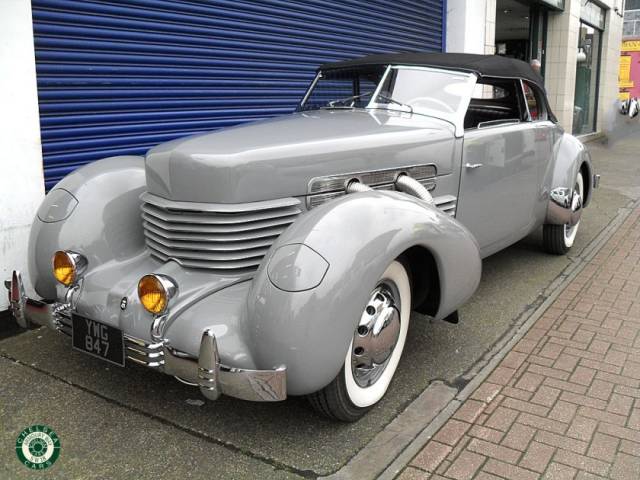
1937 | Cord 812 Phaeton
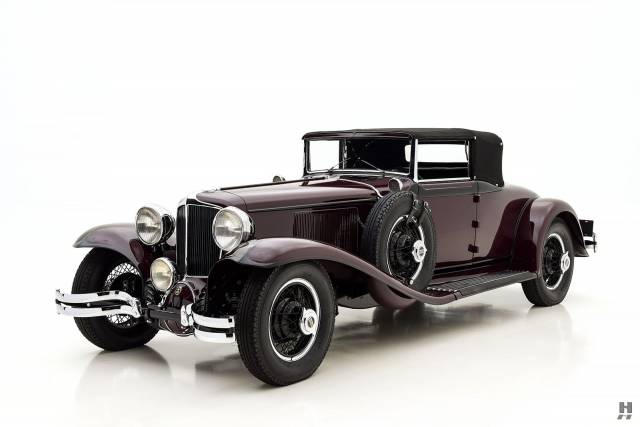
1931 | Cord L-29
Cord L-29
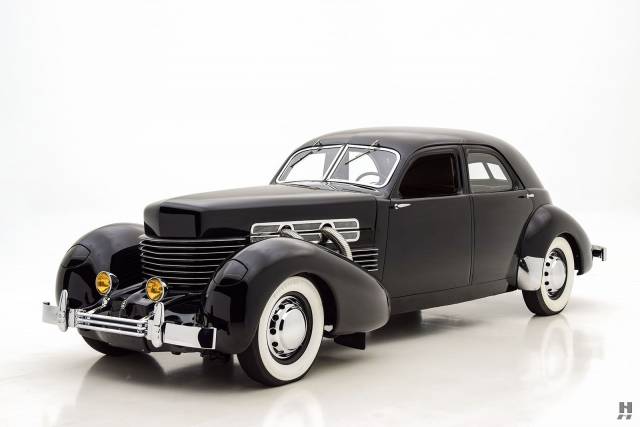
1937 | Cord 812
Cord 812
Create search alert
Let yourself be notified as soon as a listing is published that matches your search filters.
History of Cord
Cord emerged in 1929, founded by Errett Lobban Cord after his takeover of the Auburn Automobile Company. Within less than a decade, Cord produced two car generations that left a permanent mark: the L-29, notable as the first US luxury car with front-wheel drive, and the 810/812 series, which pushed the envelope with aerodynamically advanced shapes and technical novelties. Despite initial enthusiasm, the Wall Street Crash and engineering issues limited production and led to the company's closure by 1937. Cord's technical and stylistic achievements, however, have made it an enduring subject among car aficionados.
Model History
Cord's first model, the L-29, launched in 1929, directly competed with contemporaries from luxury marques like Lincoln and Packard. Designed by Alan Leamy, it introduced front-wheel drive to the American luxury segment, featuring a Lycoming inline-eight engine and a remarkably low body for its era. Around 4,400 units were built by 1932. The next act followed in 1936 with the 810, styled by Gordon Buehrig. Famed for its 'coffin nose' grille and retractable headlights, the 810/812 lineage included sedans (Westchester, Beverly, Custom Beverly, Berline) and convertibles (Sportsman). In 1937, the 812 introduced a factory supercharger option, boosting output and delivering one of the most visually striking engine bays of the era. By 1937, production had stopped after about 3,000 units of the 810/812 combined.
Highlights and Unique Features
Cord models pioneered front-wheel drive in the US luxury segment with the L-29, giving rise to a notably low profile and improved passenger comfort. The 810/812 models advanced further, boasting front-wheel drive, independent front suspension, and 'pre-selector' Bendix transmissions, setting standards for mechanical sophistication. Both series were available in multiple elegant body styles, often with aircraft-inspired dashboards and lavish interiors. The introduction of hidden headlamps and the wraparound grille (the 'coffin nose') on the 810/812 influenced generations of automotive design. Various concours victories underline the broad collector appreciation for these vehicles.
Technical Data
Special Editions and Collectible Models
The most desirable Cord variant is the 812 Supercharged 'Sportsman'—a two-seater convertible instantly recognisable by its external side exhausts. The Custom Beverly and Berline bodystyles, with their extended wheelbases, offered more opulent accommodation. Especially prized are the 812 supercharged models, both for their additional power (up to 190 HP) and their visual signature, making them highly sought after at concours and historic events.
Weak Spots and Common Issues
Models like the L-29 and 810/812 can pose challenges due to their advanced engineering. The Cord semi-automatic transmissions require precise adjustment and skilled servicing to remain reliable. Electrical systems, including the headlights on 810/812s, need careful maintenance due to their innovative but complex nature. Parts availability can be challenging, especially for rare or bespoke trim and mechanisms unique to Cord's short production span. Proper care and specialist attention are essential for maintaining mechanical integrity.
Engine, Performance, Transmission and Handling
The Cord L-29, powered by a Lycoming inline-eight with around 125 HP, reached up to 80 mph, remarkable for such a heavy (approx. 2,136 kg) luxury car in its time. Its front-wheel drive and low centre of gravity improved ride quality, while its three-speed manual suited the period. The 810/812, especially in supercharged guise, provided vivid acceleration for the era (170–190 HP), paired with a pioneering semi-automatic gearbox and independent suspension at the front. Handling was progressive, and mechanical grip benefited from the advanced layout. - Cord 812 Supercharged Sportsman: Convertible, external exhausts, 190 HP, premium collector value.
- Cord 810 Westchester: Sedan, aircraft-inspired dash, early pre-selector transmission.
- Cord L-29 Convertible Coupe: Elegant, rare, and the first large US front-wheel-drive car.
Interior, Comfort, Exterior and Design
Cord automobiles fused function and progressive aesthetics. Designer Alan Leamy's L-29 profile enabled a lower roofline by omitting a transmission tunnel, leading to distinctly elegant, streamlined forms. Gordon Buehrig expanded on this with the 'coffin nose', sweeping fenders, and smooth, uninterrupted body lines for the 810/812. Interiors were aviation-inspired with engine-turned dashboards, fully integrated radios, and plush materials such as fine leather or quality cloth, with features like armrests and piped seams. The hidden headlights of the 810/812 were a world first, while accessories included optional radios, elaborate trim, and custom luggage.
Other Notable Features
Cord's commitment to innovation extended to pioneering electrical systems, including illuminated dashboards and, in the case of the 810/812, the first hidden headlamp design to enter series production. The marque’s vehicles were available both in left- and right-hand drive, with custom coachwork on some models enhancing exclusivity. The streamlined aerodynamics anticipated later trends in American automotive engineering.
Summary
Cord’s brief existence produced some of the era’s most technically compelling and visually distinctive vehicles, with the L-29 revolutionising drivetrain layout and the 810/812 redefining Art Deco automotive design. Today, Cord cars—particularly the 812 Supercharged—are admired for their mechanical ingenuity, peerless design, and the audacity of ideas that outpaced their time.